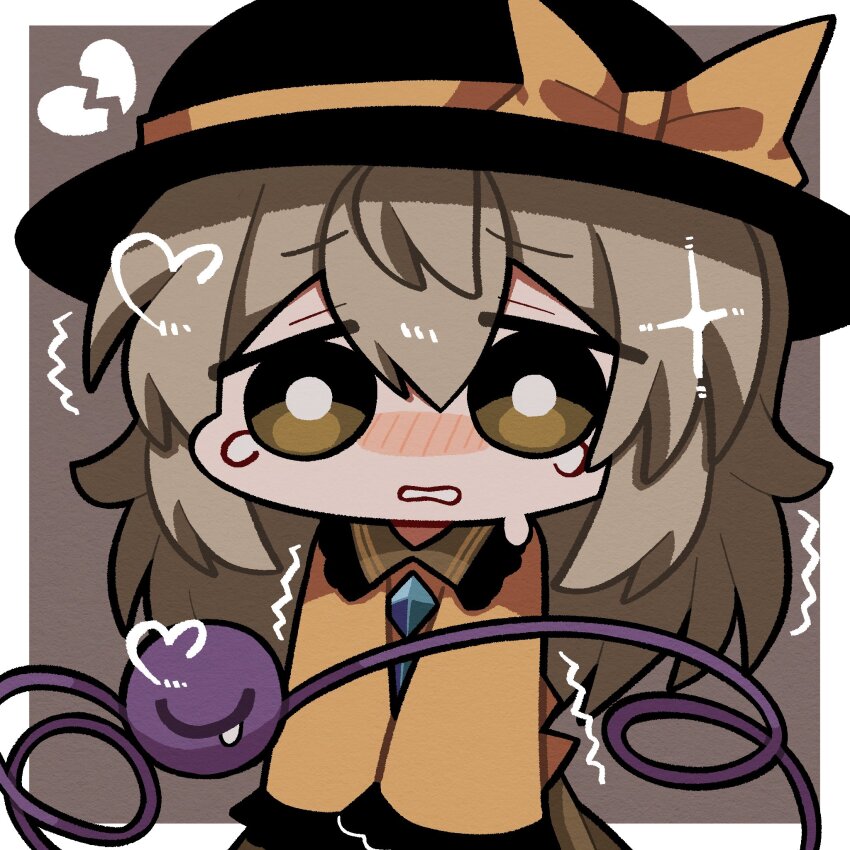hello! this is the first communist theory thing I actually managed to finish and fully understand, I’m gonna move on to other recommendations next, but I did get quite a lot of doubts that I noted in a little text file. none of them are gotchas just things I genuinely wonder about/don’t understand
i apologize in advance if these are common annoying questions, feel free to point me to other resources that answer these things if it’s too much  you also don’t have to answer everything
you also don’t have to answer everything
here’s the text in case it’s useful!! https://www.marxists.org/archive/marx/works/1847/11/prin-com.htm
Section 18
If competition is erradicated when every line of production is controlled by the state as Engels is proposing, will that mean an end of variety in consumer choice? I have indeed heard stories that people in socialist countries “only have one or two brands of X”, I’m not sure to what extent that is true but it seems like the natural conclusion from doing this…
Do you think this is better for an average person? main things that scare me are that, much like with companies in a market, how could we ensure the state produces things that benefit us and not benefit itself instead? this is what worries me about only having a single national bank too. Ideally if we only have one choice we have to make sure it’s the right one, no?
How would niche things, that benefit some part of the population but not everyone, be produced? Things like… fumo plushies, board games, or to put a less banal example, something that helps a condition that is uncommon and doesn’t spread but still exists, like special shoes to help some kinds of foot deformation for example…
thing is in a market system, niche things can make just as much or even sometimes more money than stuff that is produced “to be useful for everyone”, so they almost always appear in some way. but if all the production is controlled by the state, with very grand goals in mind, wouldn’t it not benefit them in any tangible way to invest in these kinds of things?
also, what would inspire innovation if it’s not competition? couldn’t the state just be satisfied with the results something is giving and not be interested in giving it resources to improve?
Section 19
I’m curious what communists think about this with a modern lens? AFAIK a revolution in a single country did happen right? And in Russia so none of the places Engels proposed. It didn’t really spread from there.
Section 20
do marxists think only economic class exists? wouldn’t there still be political classes? here it says that classes would end up disappearing because they only form due to division of labour. But isn’t there even in a fully realized socialist state a division of labour? even if everything is nationalized, isn’t there still a difference in power between, like, a furniture factory worker and the bureaucrat that oversees the state’s furniture building company? even if that bureaucrat is not monetarily richer than the worker per se.
also, it predicts here that education will give people the opportunity to understand the entire production system and thus jump from producing one thing to another, but since this book has written education has become a lot more universal, and that’s not what really happened right? people still chose one thing to specialize on and do it all their lives (or they study something that doesn’t have work opportunities and work something else). is there a difference in how marxists want education to work?
Section 24
I have one doubt about what Engels says about democratic socialists, mainly that small capitalists (“petty bourgeoisie”) in general tend to have the same interests as the proletariat.
i think one of the things that has put me off about revolutionary communism is precisely the attitude towards small capitalists, to be honest my parents are part of them, and I’ve always struggled to see them as a big evil the same way I view corporate giants, mainly because it’s just obvious their aims are not the same
I think the exploitation Engels is talking about where the workers always get the bare minimum that can be afforded happens mainly in big companies, especially the ones that have investors and seek infinite growth, but small companies like my parents’s basically just want to get by and survive, they only want to maintain themselves at an earning level that can support my family and the families of everyone who works there, if they can’t pay the wages with the weekly earnings they take out of their own savings to do it
in my parent’s case they are over 70 so they couldn’t really be part of the factory work either way, and I think what they do is still valuable (managing things, attending calls, organizing production and planning, supervising the design of new ideas, solving disputes, marketing, training new employees, etc…)
will these kinds of companies be treated any differently?
thanks a lot for reading, in advance!


Several of these really only apply to a fully socialist fully centralised system, I’ll answer under that assumption.
Instead of this. Where dozens of different companies are all independently pursuing exactly the same thing, wasting the labour of thousands of talented engineers competing to come to exactly the same outcome, you will instead get less of this skilled labour wasted. It takes the labour of one team of engineers to come to this outcome, all the rest of these talented people can be put towards achieving something useful instead.
This parallel construction of the same product that does the same thing with practically no difference is a monumentally huge waste of labour. One of the easiest examples of the inefficiency of markets. Think of what useful and innovative things these people could be doing instead of… This? Making the same shit over and over and over in competition with one another.
There’s no reason niche things can’t be produced by a centralised system where inventors bring their things and make a case for them, then the department assesses their usefulness and agrees or does not. For niche things this is actually much more likely to happen than for things that aren’t niche, because it costs considerably fewer resources to do.
Lots of completely useless products will never get invented, simply because there is oversight.
If the German revolution had succeeded the global revolution was extremely likely. All of Europe, the middle east and asia would have gone to revolution. Africa would have followed easily under these conditions. South America too. The US would have been isolated and followed.
It’s not often in history that killing a single person changes its course, but in the case of the German revolution the killing of Rosa Luxembourg did.
Class under capitalism is used to interpret the primary contradiction of capitalism, class war. Between the exploiter and exploited. You could divide up the new system into a hierarchy of power to analyse its contradiction dialectically and try to discover where things will go but you’re flying blind with no historical examples due to the nature of capitalism still existing. We simply don’t know what contradictions will arise in the new society. Certainly history will not end, but this is guessing best left to fictional writers as it is so far in the future to not matter to us.
He’s right about democratic socialists, but you’re right about the petty bougs. The modern interpretation of this class is that they do not hold the interests of the proletariat, and they are the primary class that pushes for fascism.
I think Engles is partially right, in that the smaller members of the PB are all but proletarianised. There’s not a huge difference between a remote worker who is “technically a contractor” but would be an employee if it ever went to the labour board, and some sole trader/artisan equally beholden to their corporate clients, but who has a shop and some minimal capital to do their job.
On the other hand some restaurant chain owner guy with 30 employees is definitely not on the side of the workers.
Yep I agree.
I think franchisees are just the low end of the scale in terms of ways that modern capitalism hides the ownership of capital under the guise of worker status. Franchisees are treated as indistinguishable from regional managers, even in terms of having their stores’ labor extracted via fees and required expenses. But they experience the profit motive as any capitalist does. Similar to how corporate executives are said to be performing labor on paper, but the reality is that their salary and bonuses are subsidized and inflated by their share of profit, all while owning large shares of the company they run. Yes, there are old money capitalists who literally just live off of passive income and are on perpetual vacation. But it’s much more common, especially with new money, for them to be, on paper, running multiple companies or chairing the boards of several organizations or running a nonprofit and having all of these enterprises pay them for what amounts to a matter of hours each month.
I was thinking more of the person who owns like…3 cafes with his own brand, but you’re not wrong.
thank you for responding!!
yeah that’s definitely true, and you make the example of cars but when it’s… pharmaceutical research… it’s something that actively harms humanity.
my big issue with this is that resources are still finite, and if they’re all in control of the state, with huge main goals, I don’t know how often it’d really see the benefit in expending resources (even if little) for things that just objectively wont be as beneficial as the main plan… if they authorize making stuff like plushies or card games or cool shaped pc cases or figurines etc etc it’d have to be from the goodness of their heart, so it feels like if it’s up to the central system it’d basically be luck whether these things get made or not, and I understand they’re just not as important but they’re still things that help with general happiness and enjoyment of life
can you elaborate on why you think this is the case?
i’m not sure what you mean by contradiction exactly, but I don’t think what I was talking about was guessing… a person or group of people that is overseeing an entire production sector of a country has way more influence over the destiny and lives of way more people than a person who simply works at that production sector. what I was asking is, wouldn’t there just by virtue of the huge difference in authority in those cases, still be classes?
A very good point. It’s also worth noting that almost all pharmaceutical research is already publicly funded. The pharmaceutical companies merely enforce their monopoly on production of their “intellectual property” and privatize the surplus value of their workers’ labor.